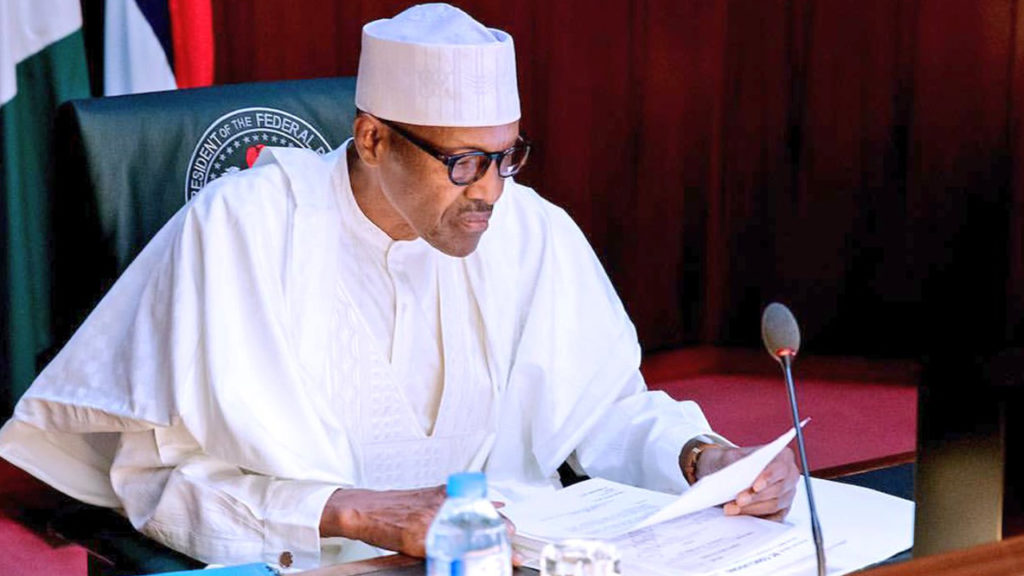The fate of Nigeria’s health sector in Budget 2018
In 2001, Nigeria hosted Heads of State of member countries of the African Union (AU) where the “Abuja Declaration” was made under which the leaders pledged to commit at least 15 percent of their annual budgets to improving their health sector. Since then however, the highest percentage for the country’s health sector in the national budget was 5.95% in 2012.
This week, President Muhammadu Buhari presented the 2018 Budget proposal to the National Assembly, and he announced that his government has allocated N340.45 billion of the N8.6 trillion expenditure plan to the health sector. This represents 3.9 percent of the total budget which is a far cry from the recommendation of the Abuja Declaration.
This represents a further reduction in allocation from the 4.23 and 4.16 percent and percent that the health sector got in the 2016 and 2017 budgets respectively.
A closer look at the budget showed that the government plans to spend N1,888 on each citizen for the whole year. Furthermore, the N340.45 billion budgetary allocation is less than the estimated N359.2 billion that Nigerians spend on medical tourism annually.
It also worthy to note that the country is struggling with several disease outbreaks including Monkeypox, Measles and Lassa fever, in addition to efforts to end poliomyelitis and tackle the country’s noticeably high maternal and child deaths.
The 2018 health budget proposal sets aside N269.34 billion for recurrent expenditure – for operations, wages and salaries, purchases of goods and services, and current grants and subsidies; while N71.11 billion is for capital expenditure.
The country is adding only N20 billion to its capital expenditure when compared to the N51.1bn earmarked in 2017. A closer comparison of 2017 and 2018 budget revealed that the country is actually spending less in terms of proportion since the total budget for 2017 budget was N7.4 trillion while that of 2018 budget is N8.6 trillion.
In terms of ranking, health was twelfth on the priority list as Power, Works and Housing got the highest capital project proposal with N555.88 billion, almost eight times that of health.
According to the World Health Organization, Nigeria is rated 187th out of 191 countries in terms of health care delivery. Also, one-third of more than 700 health facilities have been destroyed in the country and about 3.7 million people are in need of health assistance.
The health body placed Nigeria at third highest in infant mortality rate in the world.
